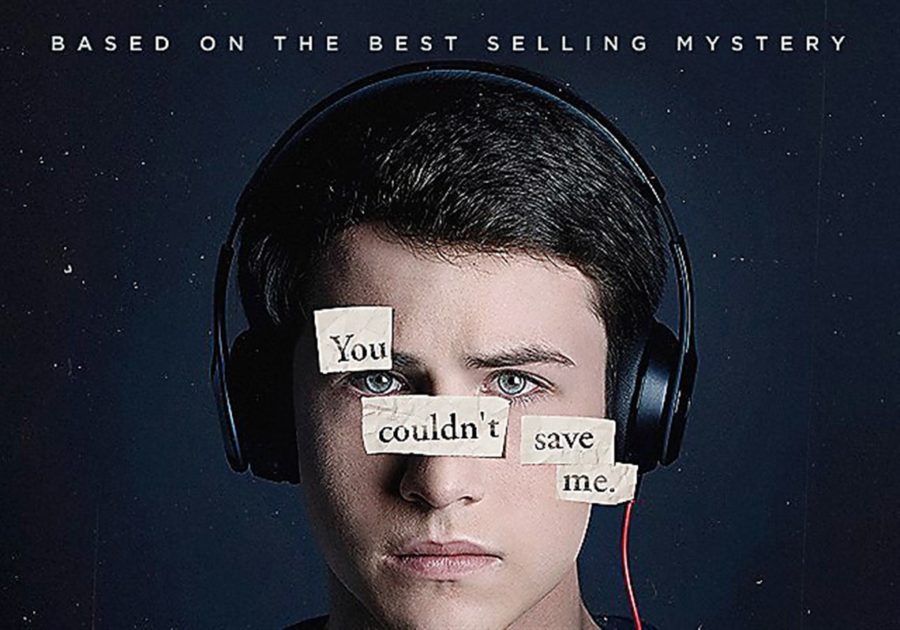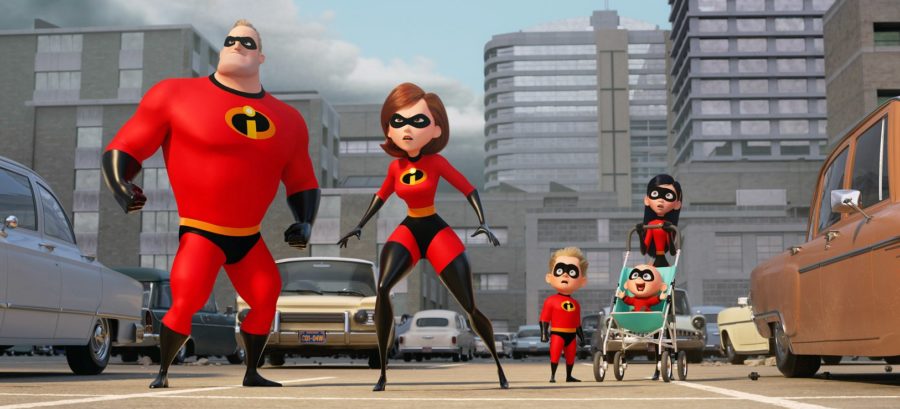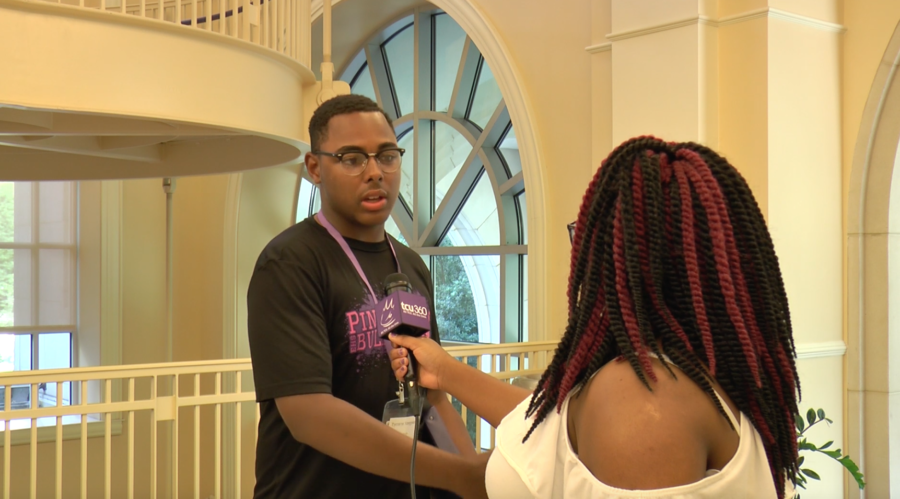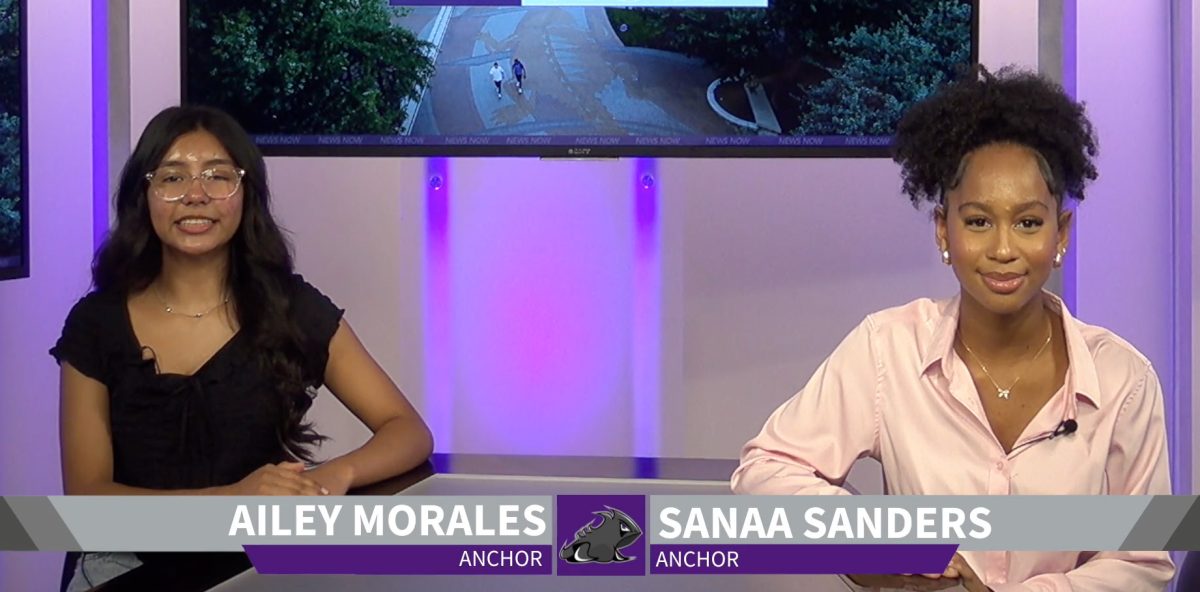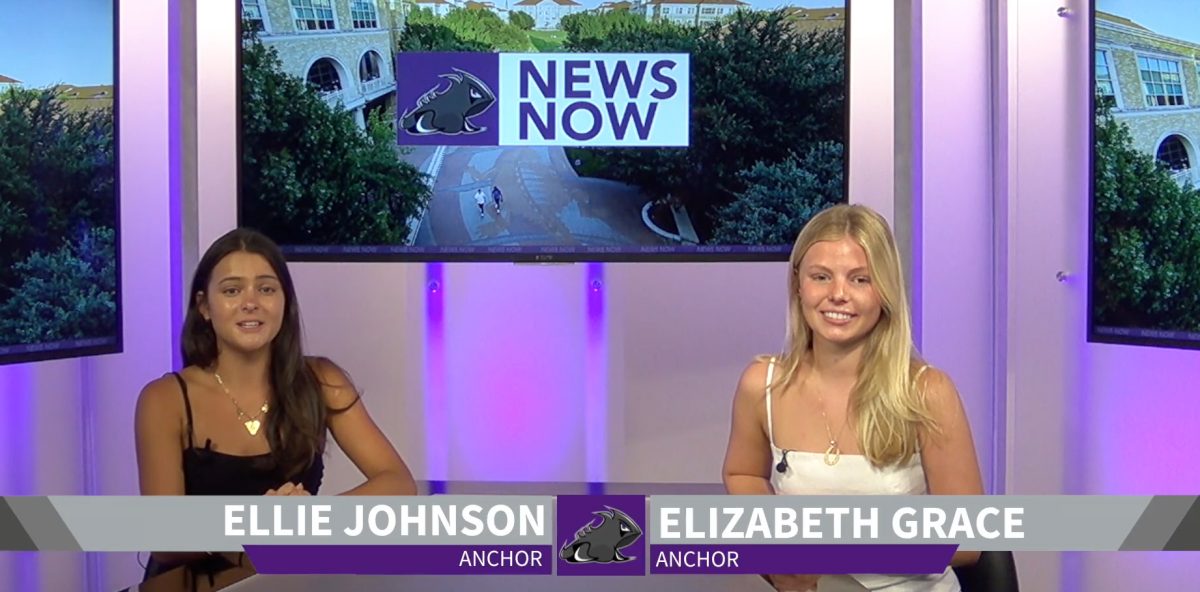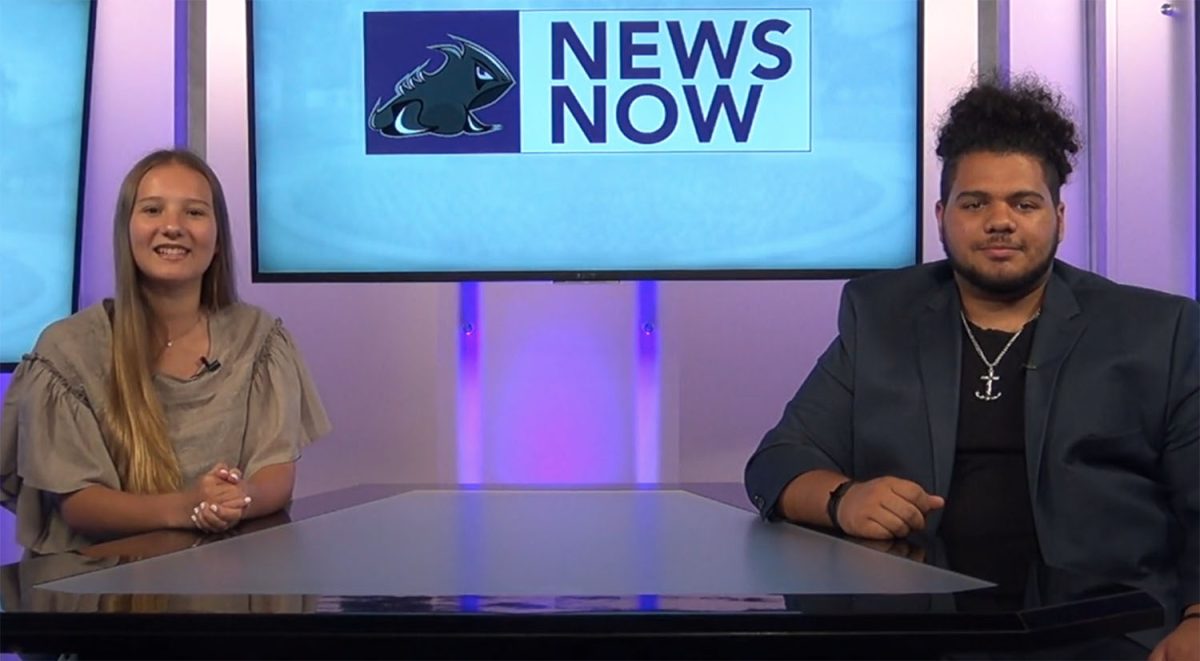It took 10 years for sales of the book “13 Reason Why” to reach 3 million; the first episode of the second season of the Netflix program was viewed by 6 million people in three days.
The reach of the program, built around a teen’s suicide, has prompted discussion about whether the show is a positive or negative influence. Suicide is the second leading cause of death among 15- to 24-year-olds, according to the Centers for Disease Control and Prevention. Since the show premiered on the streaming service, critics and fans have debated whether it glamorizes suicide.
“Media romanticizing suicide is a horrible thing and “13 Reasons Why” played a tricky part in suicide,” said Ehren Lewis, a senior at Benbrook Middle-High School. “It did show how the main protagonist ended her life, and some say this helped sensationalize suicide, but “13 Reasons Why” also showed viewers the lasting effect of suicide.”
The teen drama tells the story of Hannah Baker, who committed suicide and left tapes explaining the 13 reasons she chose to die. It is based on the book by Jay Asher, which faced similar criticism. Similar criticism was leveled against movies such as “Heathers” and books such as “I Was Here.”
“I think it (suicide) has been romanticized since Shakespeare’s day and before…what happens after someone ends their life to those left behind is not often shown. The repercussions last for generations,” said Sharon Ward, a therapist for Clinical Mental Health Counseling for Adolescents and Adults in Aledo. “Those who are left behind have to struggle, often for years, with the emotions that the person who completed the suicide was unwilling or unable to handle themselves.”
Teens are mixed about the effect of “13 Reasons Why.”
“Whenever I first saw “13 Reasons Why,” I thought that if it was shown in the right way with enough warning, it would prove beneficial to our society because of the increase in suicide rate over the years,” Lewis said.
But his classmate, junior Mary Michael said, “When I saw “13 Reasons Why,” I was interested to see how well they were going to portray suicide and other serious issues. At first, I thought they did an okay job, but as I continued to watch, I realized that they did not.”
Indeed, after the first season of “13 Reasons Why” was released several schools sent home letters to parents that suggested the show romanticized suicide.
The show’s producer said in an article that they aim to inspire discussions about tough subjects with teens.
Ward said the media attention is both positive and negative. She said it helps make it easier to discuss difficult issues. But she recognizes the negative effects as well.
“It is being seen more and more as an acceptable solution to problems that are often temporary in nature,” said Ward. “For a teen who feels isolated, the added attention (even if it is after death) can seem attractive.”


